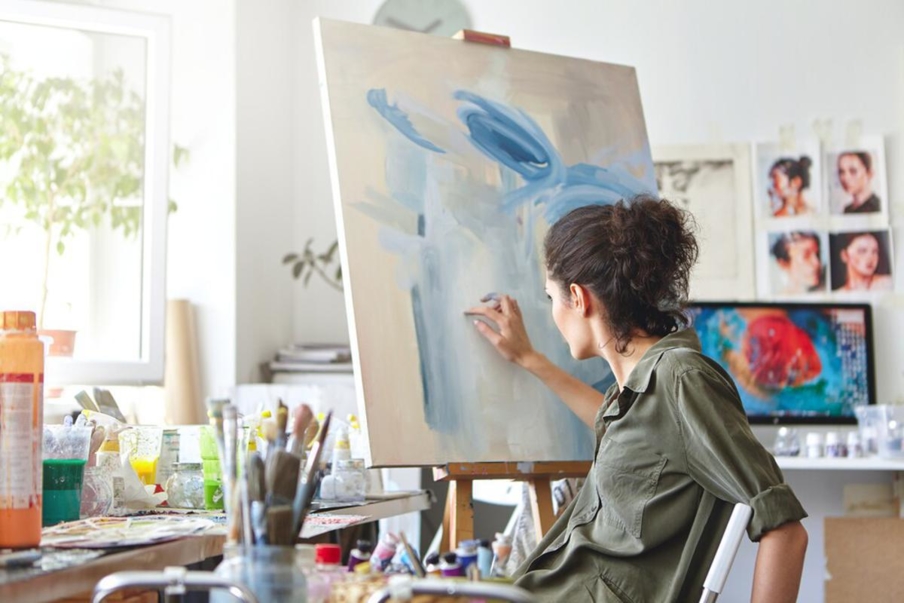Top 5 hobbies that will strengthen the brain

Scientists and doctors recommend doing sports and following the proper diet in order to keep yourself in good physical shape, to preserve health and vitality for many years.
It is important to note here that some of our hobbies have a positive effect not only on the physical condition, but also on the brain. We have prepared a list of hobbies that will help keep the body and brain in good shape.
Number 1. Drawing. Gives the brain the opportunity to relax, and you express your individuality and have fun. The transfer of thoughts or what is seen on the canvas develops creative thinking, observation, spatial imagination and analytical thinking, reveals the ability to be creative. Children involved in drawing get used to perseverance and hard work.
Number 2. Swimming. It can be said, it is the only sport that can be practiced by anyone who wishes and strives for a beautiful figure, regardless of age and physical abilities. During classes, learn to control breathing and evenly develop the muscles of the shoulder girdle, torso and legs, increase strength and endurance. Swimming soothes the nervous system, reduces the amount of stress hormones, stimulates blood circulation and the cardiovascular system. Swimming also has a positive effect on brain function; at the same time, two hemispheres and four brain lobes are activated, which helps to improve cognitive and learning skills. Visual-figurative thinking and primitive visual motor skills are formed due to two-way cross-movements used.
Number 3. Playing a musical instrument. Throughout life, we are surrounded by music. Sometimes we do not think about the impact it has on us. A certain melody, rhythm can energize and motivate, it can make you think. Music activates the brain most of all because of our emotional connection with it. Recent studies have shown that playing musical instruments strengthens certain areas of the brain and improves communication between them, trains auditory, sound and tactile perception, fine motor skills. Music lessons like the “Composer” simulator have a positive effect on cognitive skills and develop verbal memory, spatial thinking, and form literacy skills. Neuropsychologists have studied the body of professional musicians and noticed that, for example, professional keyboard players have increased brain areas responsible for movement, hearing, and visual-spatial abilities. The department responsible for handling tactile sensations is more developed among cellists.
Number 4. Riding a bike. There are many reasons for cycling: the cardiovascular system is strengthened, the vestibular apparatus develops, the eyesight improves and muscles are trained. This is a good way to distract from problems and bring the body into shape after long work in the office. Behind the wheel of a bicycle, the brain, like the body, is in good shape; in the process of driving, complex locomotion develops (a type of motor activity associated with active movement in space), a brain department involved in the coordination and regulation of voluntary and involuntary movements (cerebellum), concentration, visual perception.
Number 5. Dancing. Can be attributed to an earlier form of speech, sign language. When using the hands, fine motor skills develop, legs - the Brock center is activated, the part of the cerebral cortex associated with speaking. During long-term studies, the body improvises better, it develops imagination, emotional intelligence, freedom of thought appears. Social skills and self-confidence are formed on the dance floor and in everyday life. The will and ability to overcome difficulties through patience, to work in a team, to hear and understand a partner develop too. Scientists from Einstein Medical College in New York have shown that dancing has a beneficial effect on the development of mental abilities. The combination of the logic of dance PA and free-thinking in improvisation optimizes the work of both hemispheres by 76%. For physical fitness, regular dance practice helps develop aerobic (by gradually increasing the load, the heart and blood vessels are strengthened) and anaerobic (the body learns to cope with sharply increasing loads, fight fatigue) endurance, muscle strength.











